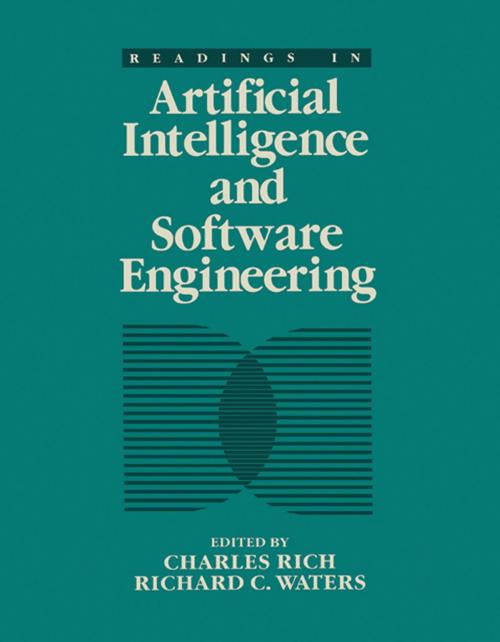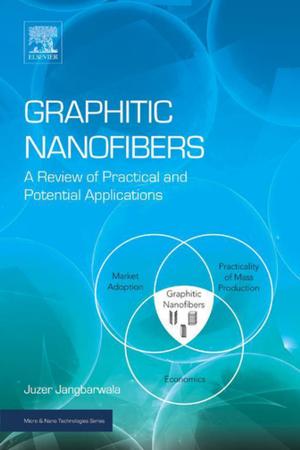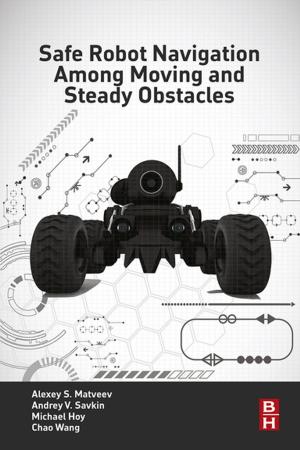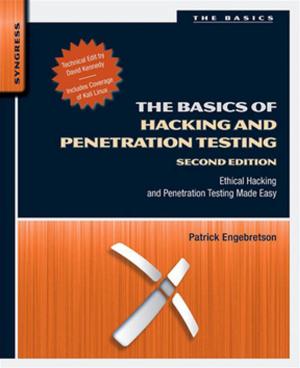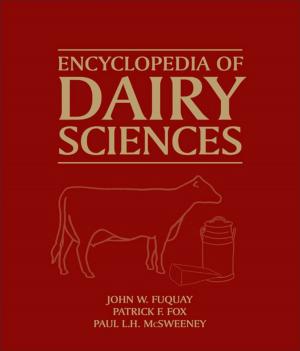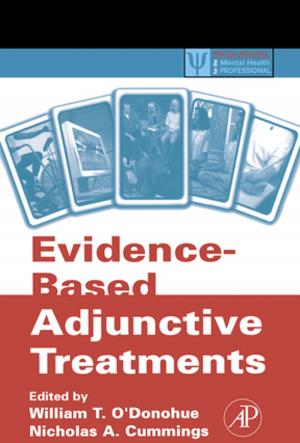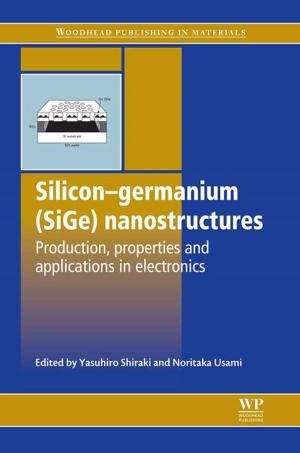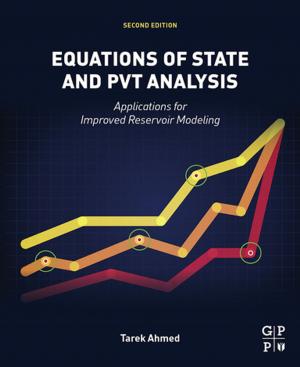Readings in Artificial Intelligence and Software Engineering
Nonfiction, Computers, General Computing| Author: | ISBN: | 9781483214429 | |
| Publisher: | Elsevier Science | Publication: | June 28, 2014 |
| Imprint: | Morgan Kaufmann | Language: | English |
| Author: | |
| ISBN: | 9781483214429 |
| Publisher: | Elsevier Science |
| Publication: | June 28, 2014 |
| Imprint: | Morgan Kaufmann |
| Language: | English |
Readings in Artificial Intelligence and Software Engineering covers the main techniques and application of artificial intelligence and software engineering. The ultimate goal of artificial intelligence applied to software engineering is automatic programming. Automatic programming would allow a user to simply say what is wanted and have a program produced completely automatically.
This book is organized into 11 parts encompassing 34 chapters that specifically tackle the topics of deductive synthesis, program transformations, program verification, and programming tutors. The opening parts provide an introduction to the key ideas to the deductive approach, namely the correspondence between theorems and specifications and between constructive proofs and programs. These parts also describes automatic theorem provers whose development has be designed for the programming domain. The subsequent parts present generalized program transformation systems, the problems involved in using natural language input, the features of very high level languages, and the advantages of the programming by example system. Other parts explore the intelligent assistant approach and the significance and relation of programming knowledge in other programming system. The concluding parts focus on the features of the domain knowledge system and the artificial intelligence programming.
Software engineers and designers and computer programmers, as well as researchers in the field of artificial intelligence will find this book invaluable.
Readings in Artificial Intelligence and Software Engineering covers the main techniques and application of artificial intelligence and software engineering. The ultimate goal of artificial intelligence applied to software engineering is automatic programming. Automatic programming would allow a user to simply say what is wanted and have a program produced completely automatically.
This book is organized into 11 parts encompassing 34 chapters that specifically tackle the topics of deductive synthesis, program transformations, program verification, and programming tutors. The opening parts provide an introduction to the key ideas to the deductive approach, namely the correspondence between theorems and specifications and between constructive proofs and programs. These parts also describes automatic theorem provers whose development has be designed for the programming domain. The subsequent parts present generalized program transformation systems, the problems involved in using natural language input, the features of very high level languages, and the advantages of the programming by example system. Other parts explore the intelligent assistant approach and the significance and relation of programming knowledge in other programming system. The concluding parts focus on the features of the domain knowledge system and the artificial intelligence programming.
Software engineers and designers and computer programmers, as well as researchers in the field of artificial intelligence will find this book invaluable.
